Drohobycz Boryslaw and Vicinity Organization
ABOUT USDrohobycz, the regional capital city in the Lvov district, and Boryslaw, a village adjoining it, are located in the foothills of the towering Carpathian mountains. Jewish settlement and community life in the region can be traced back hundreds of years.
It was in Boryslaw, some eight kilometers from Drohobycz, that in the 19th Century Joseph Hecker first discovered a use for the putrid, oily liquid covering the ground following the rain. Abraham Schreiner followed Hecker's lead. Naming the liquid, "naphta", he researched and refined the substance, paving the way for the outbreak of Boryslaw's "oil age".
Boryslaw grew and Drohobycz prospered. The surrounding villages benefited as well from the development of the oil industry.
From the end of the 19th Century until the outbreak of World War Two in 1939, Drohobycz was home to many persons of letters and culture, such as the writer and illustrator, Bruno Schulz, the poet S. Shalom and painters Maurizio Gottlieb, Leopold Gottlieb and Ephraim Lilien, and political and economic leaders, such as Leon Reich, David Horowitz, currently also Prof. Shevah Weiss and others.
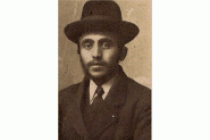
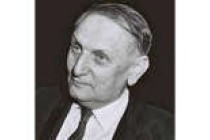
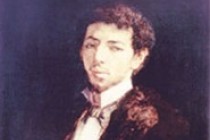
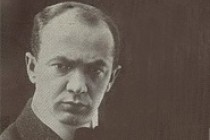
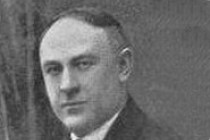
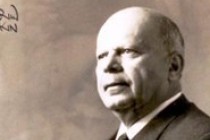
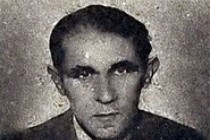
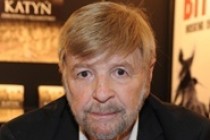
Prior to the Holocaust, some 32,000 Jews lived in the Drohobycz district. By the end of World War II, only 400 remained in Drohobycz and 200 in Boryslaw.
Drohobycz-Boryslaw survivors began holding memorial events commemorating the community in 1946 in the Displaced Persons Camp in Föhrenwald, Germany. The Drohobycz, Boryslaw and Vicinity Survivors and Descendants Organization was founded in Tel Aviv in 1947. Over the years the Organization continued the practice of holding annual memorial services as well as cultural events and gatherings for its members, including meetings with first-generation survivors. In addition, the Organization erected a monument in Tel Aviv's Nahalat Yitzhak cemetery commemorating members of the community killed during the Holocaust. The mission of the Organization's website is to preserve the memory and knowledge about our community and our families.
The Organization conducts activities to broaden and deepen the knowledge about the region's native sons and daughters and their legacy on a regular basis, and continues to commemorate those who perished during the Holocaust. In addition, we work to compile, document and disseminate this knowledge and legacy in Israel and abroad.
We extend an open invitation to survivors, their descendants and those for whom our community is dear worldwide to join us in our quest to discover, uncover and preserve our fascinating heritage.


